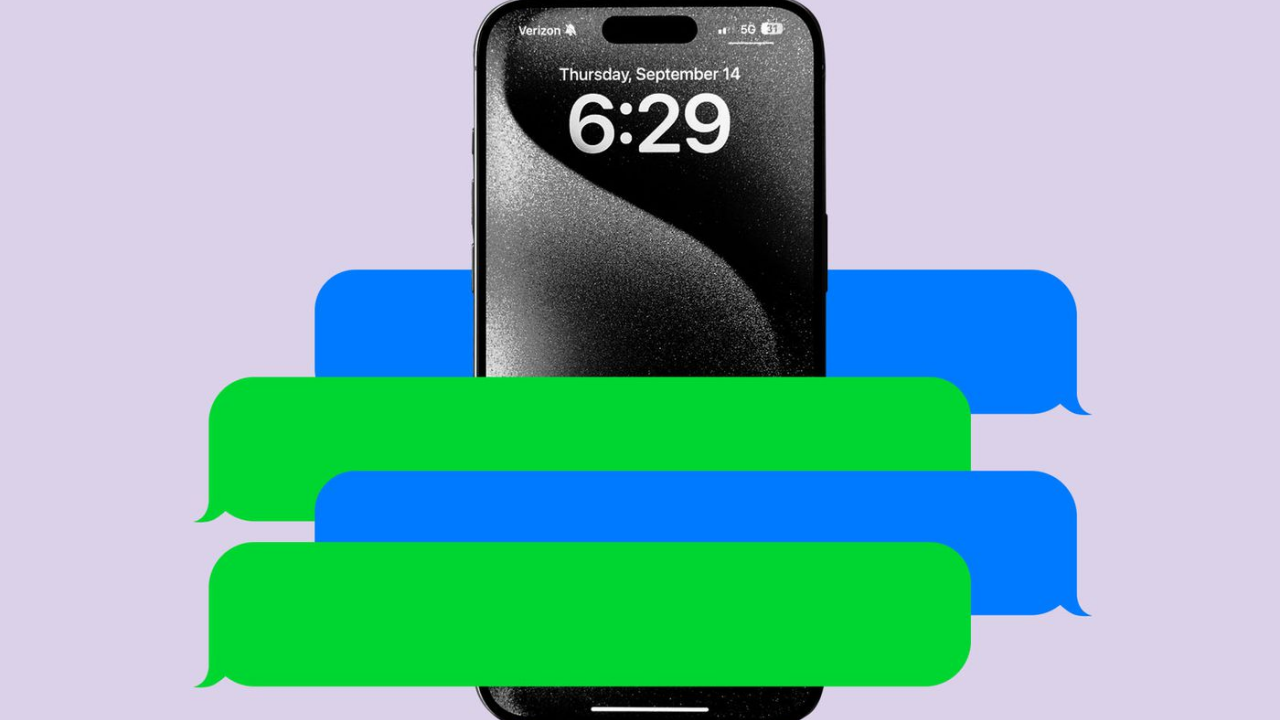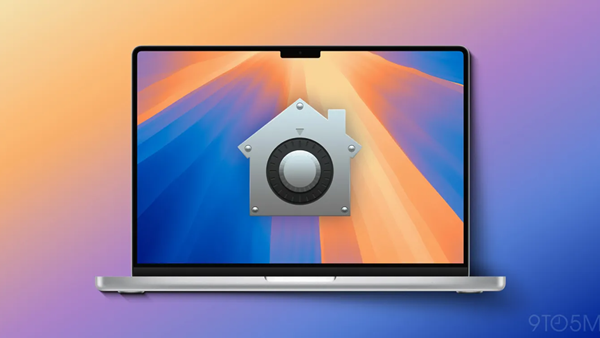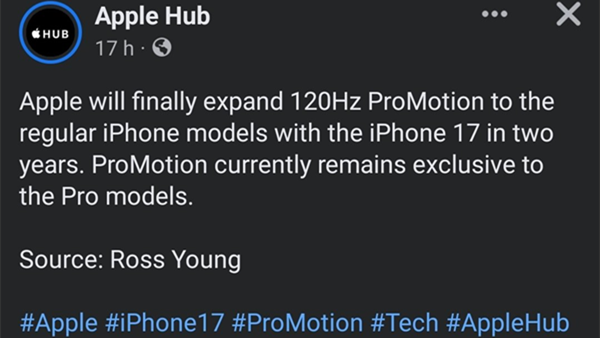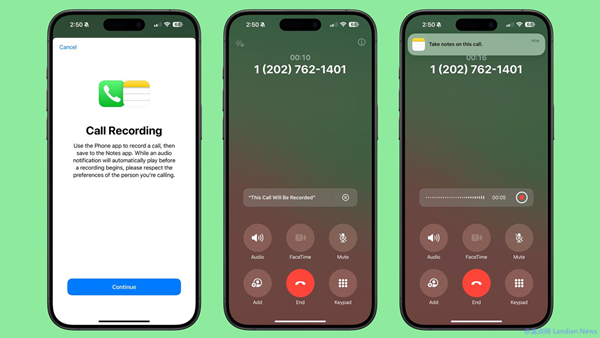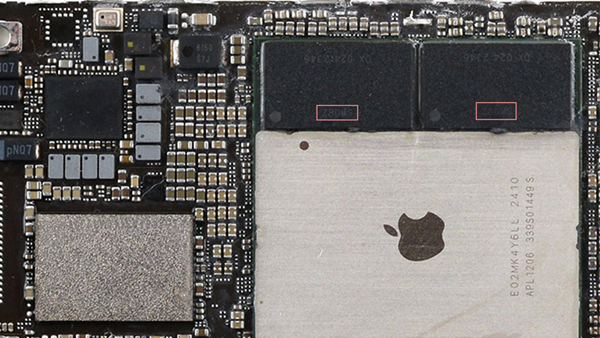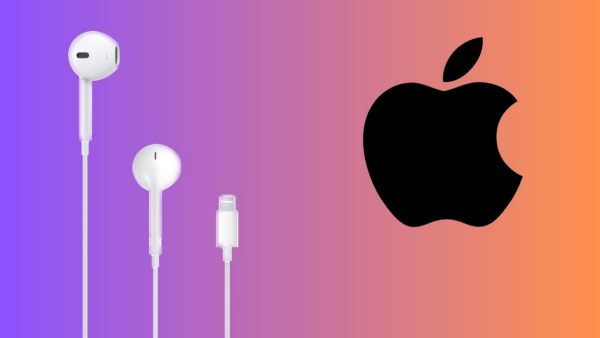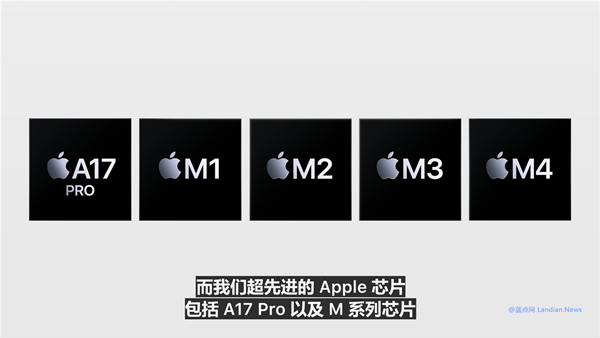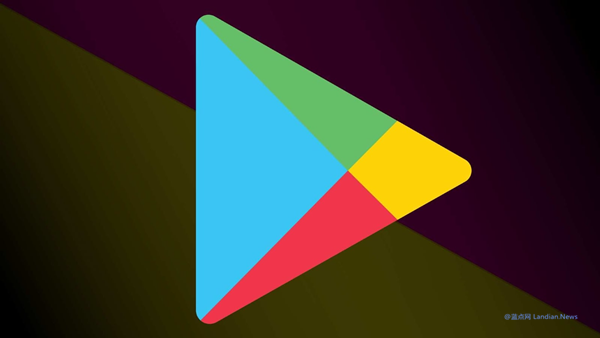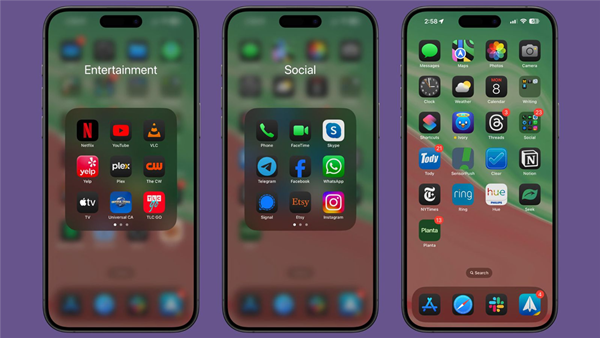Android's RCS Emoji Reaction Feature Now Supports iOS Devices, Possibly Due to Backend Changes
Apple has introduced support for RCS (Rich Communication Services) messaging to the iPhone with iOS 18, enabling Android and iOS devices to communicate via RCS messages instead of traditional, chargeable SMS. However, Apple continues to use green bubbles for these messages instead of the blue bubbles used for iMessages, a choice that, while still irksome to Google, represents a significant improvement over the previous lack of RCS support.
An interesting development is that Apple's implementation of RCS is based on version 2.4, which does not support the emoji reaction feature. Emoji reactions allow users to respond to messages with an emoji, which is then seen by the other party.
Initially, iPhones did not support this feature. However, recent tests have shown that RCS messages sent between Android and iOS devices now support emoji reactions, albeit with slight variations in their presentation.
On Android devices, emoji reactions appear in a standard format, with the emoji shown alongside the message. When these messages reach an iOS device, the emoji reaction is sent as a separate emoji message instead.
Conversely, emoji reactions sent from iOS to Android display correctly on Android devices. It's unclear whether this discrepancy is intentional from Apple or merely a temporary lack of optimal adaptation for emoji reactions.
Regarding version discrepancies, RCS version 2.7 supports emoji reactions, but Apple's iOS 18 uses version 2.4. There are two main theories: either Apple has upgraded the RCS version to 2.7 on devices running iOS 18.1, or Google has made backend server adjustments to accommodate emoji reactions.
Neither Apple nor Google has issued a statement on this matter, so the exact details remain uncertain. If Apple made the change, it would be expected to adapt the feature more seamlessly to its messaging aesthetic.
Over time, it is likely that these features will receive better support. The primary issue with RCS messaging is the need for carrier support, which is currently not widespread.
